The decision was made by incumbent Russian President Vladimir Putin at a ceremony honoring heroes on Fatherland Day on December 8. According to the Kremlin spokesman, this was a spontaneous decision.
“He was asked about it and he answered it. So it was a completely spontaneous decision,” Peskov said. Peskov also noted that although Putin had declared his candidacy, he was not yet an official candidate because he still needed to complete a number of necessary procedures, such as registering as a candidate.
Additionally, “No” was Mr. Peskov’s answer when asked whether Mr. Putin had spoken or discussed his intention to run for re-election in 2024 with foreign counterparts during a series of his recent diplomatic contacts.
Earlier, on December 8, Mr. Putin agreed to run for president again in the March 2024 election. Mr. Putin was asked to do so by Artyom Zhoga, the head of the legislature in the self-proclaimed Donetsk People's Republic (DPR) appointed by Russia, when the Russian president met with participants in the ceremony honoring the Fatherland's Day in the Kremlin. Mr. Zhoga later recounted the conversation to reporters.
Putin's presidential term
Mr Putin, 71, is preparing for his fifth presidential run. If he wins, he will remain Russia's head of state for another six years, until 2030.
Mr. Putin was first elected to the country's highest office in 2000 for a four-year term. After the resignation of the first President of modern Russia, Boris Yeltsin, on December 31, 1999, Mr. Putin was appointed acting President.
On January 12, 2000, he was nominated as a candidate for the early presidential election, and the next day Putin agreed to participate, announcing the decision in his hometown of St. Petersburg, in a speech at St. Petersburg State University.
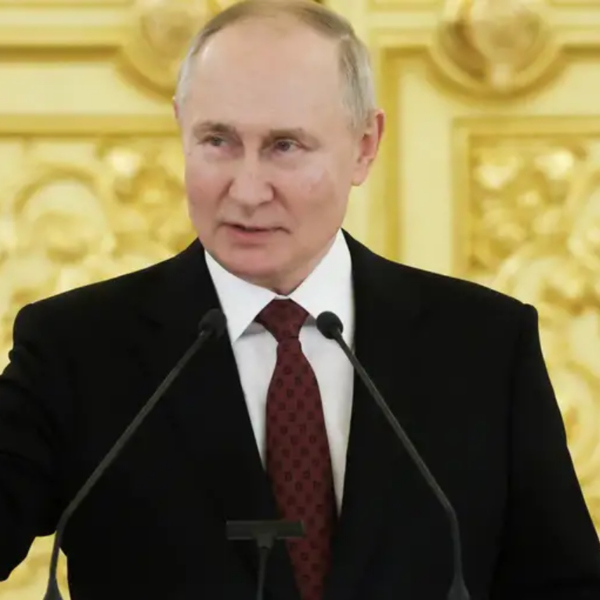
Russian President Vladimir Putin speaks with Russian servicemen awarded medals on the occasion of Heroes of the Fatherland Day in St. George's Hall of the Grand Kremlin Palace in Moscow, Russia, December 8, 2023. Photo: 9News
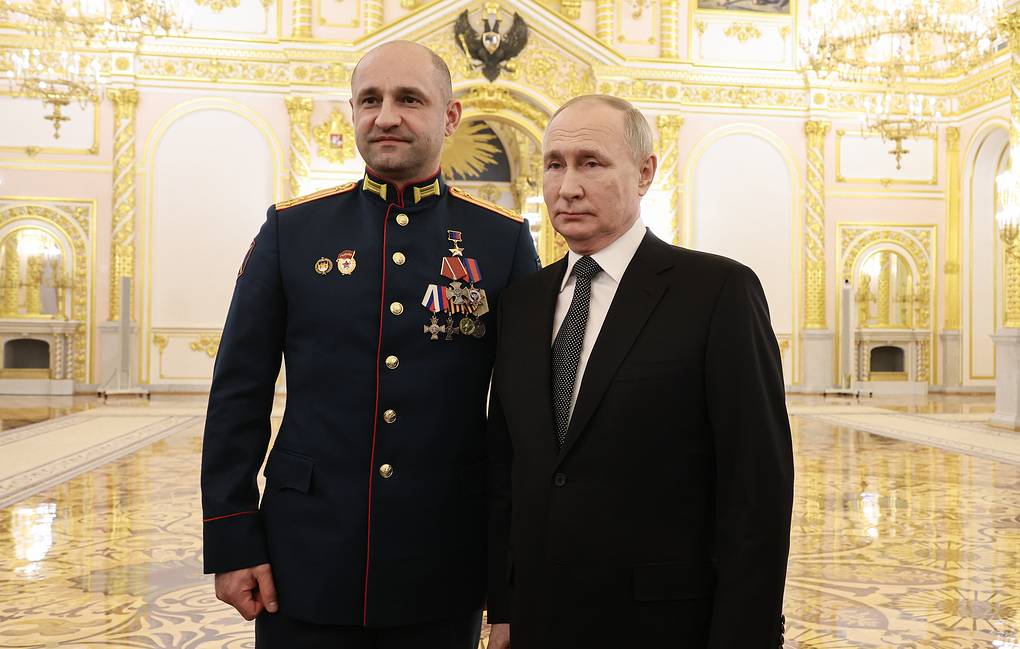
Russian President Vladimir Putin and Artyom Zhoga, the head of the legislature in the self-proclaimed Donetsk People's Republic (DPR) appointed by Russia. Photo: TASS
Mr. Putin announced his re-election in the 2004 vote while he was participating in a TV talk show on December 18, 2003. When his term expired in 2008, he left office because according to the Constitution, he could not serve more than two consecutive terms. Mr. Dmitry Medvedev was elected as the new President of Russia and Mr. Putin became the Prime Minister of Russia.
On September 24, 2011, Medvedev asked the United Russia Party to support Putin's nomination as a candidate for the 2012 presidential election. Putin agreed, won the vote, and served as President for the next six years instead of four, as the law on presidential terms had been amended.
As on December 8, Mr. Putin did not make his re-election ambitions clear until the last minute in 2018. He expressed the view that if the presidential candidacy was announced too early, it would be detrimental to the state apparatus, causing officials to focus on the election campaign rather than their daily work.
For his current term, which ends on May 7, 2024, Putin announced his candidacy for President at a meeting with veterans and workers of the GAZ automobile plant on December 6, 2017, and was elected in the 2018 election.
Russian Presidential Election 2024
This time, Mr. Putin announced his re-election on December 8, one day after the Federation Council (the upper house of the Russian parliament) set the official election date. Mr. Putin admitted that he had thought long and hard about his future presidential term.
By law in Russia, presidential candidates have 20-25 days from the date the Federation Council sets the election date to submit their registration documents to the Central Election Commission (CEC), depending on whether the candidate is running as an independent or representing a political party.
This time, the Constitution no longer prohibits the President from serving more than two consecutive terms. Amendments made to the Constitution in 2020 stipulate that the incumbent President can run for re-election regardless of how many terms he has previously served.
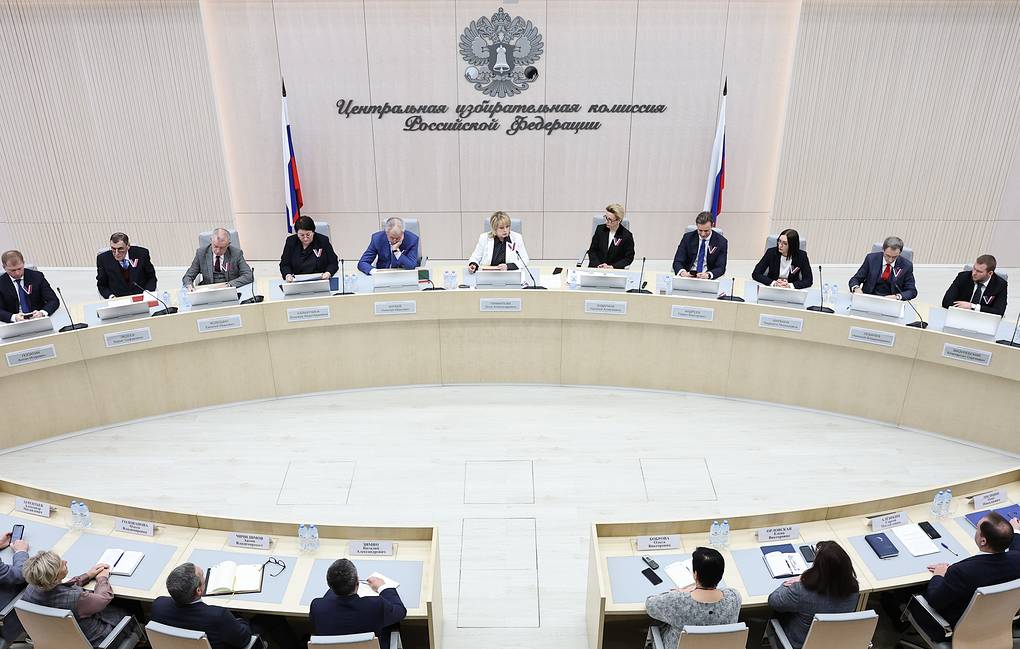
Chairwoman of the Central Election Commission of Russia (CEC) Ella Pamfilova (center). Photo: TASS
Regarding the elections next year, the CEC on December 8 adopted an official resolution designating March 15-17 as the dates for the presidential elections, CEC Chairwoman Ella Pamfilova said at a meeting of the electoral body.
Ms Pamfilova said earlier that it had become customary in Russia for an election to have a three-day voting period.
Approval rating remains high
According to the latest poll by the All-Russian Public Opinion Research Center (VTsIOM), 78.5% of Russians trust Mr Putin, while his approval rating is 75.8%. The survey was conducted from November 27 to December 3 among 1,600 Russian adults.
According to the Public Opinion Organization (FOM), the majority of Russians (70%) support the possibility of nominating Vladimir Putin for a new term, a poll conducted from October 12 to November 13, covering 6,100 adults, showed. This support, according to sociologists, has more than doubled in recent years.
According to the German-based bne IntelliNews, before announcing his re-election, Putin appeared more frequently in state media, sometimes visiting sick children in hospitals, sometimes traveling to different parts of the country – clearly a warm-up move for the official election campaign .
Minh Duc (According to TASS, bne IntelliNews)
Source


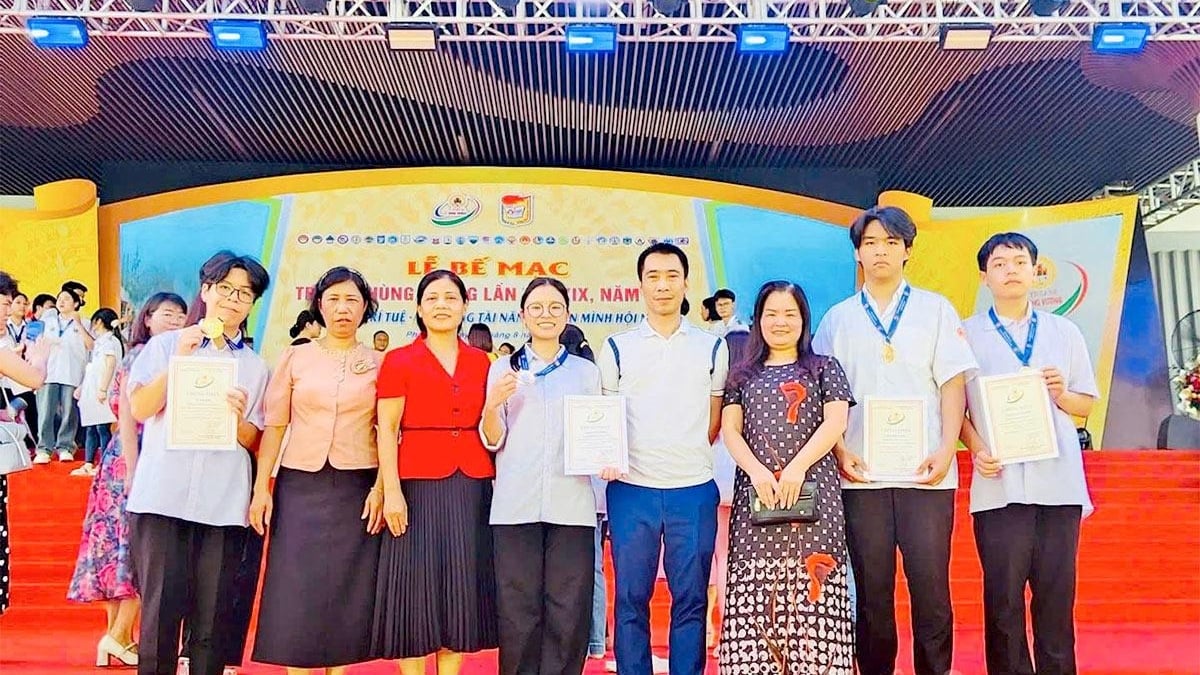
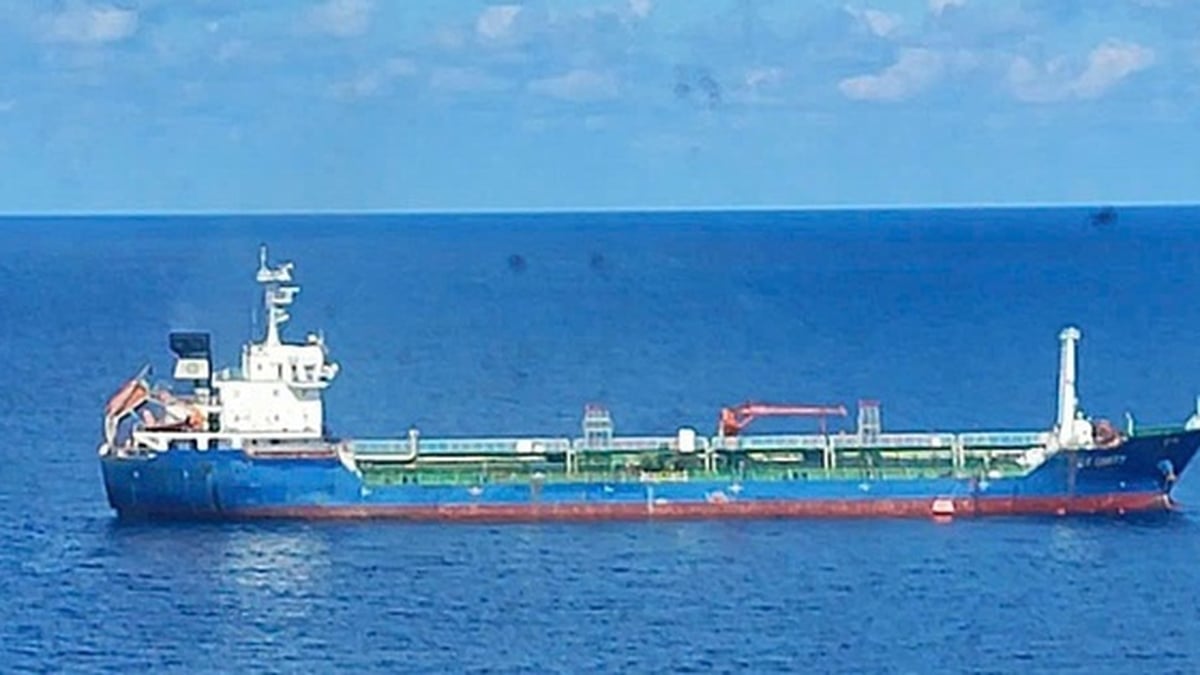
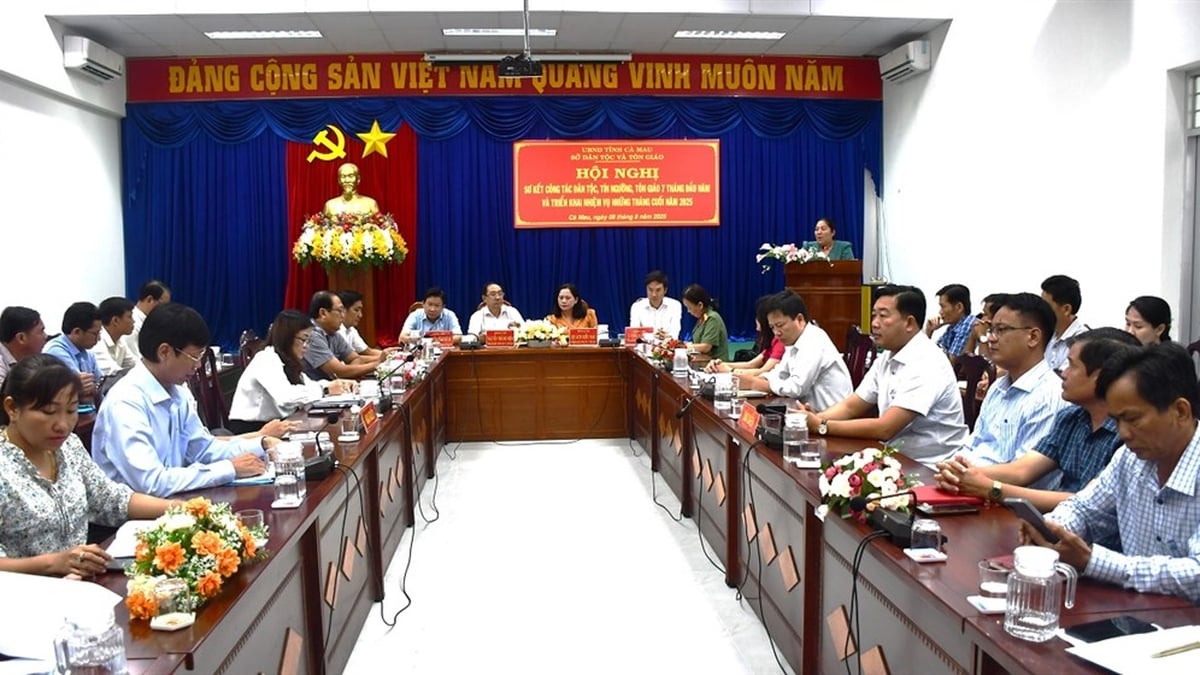

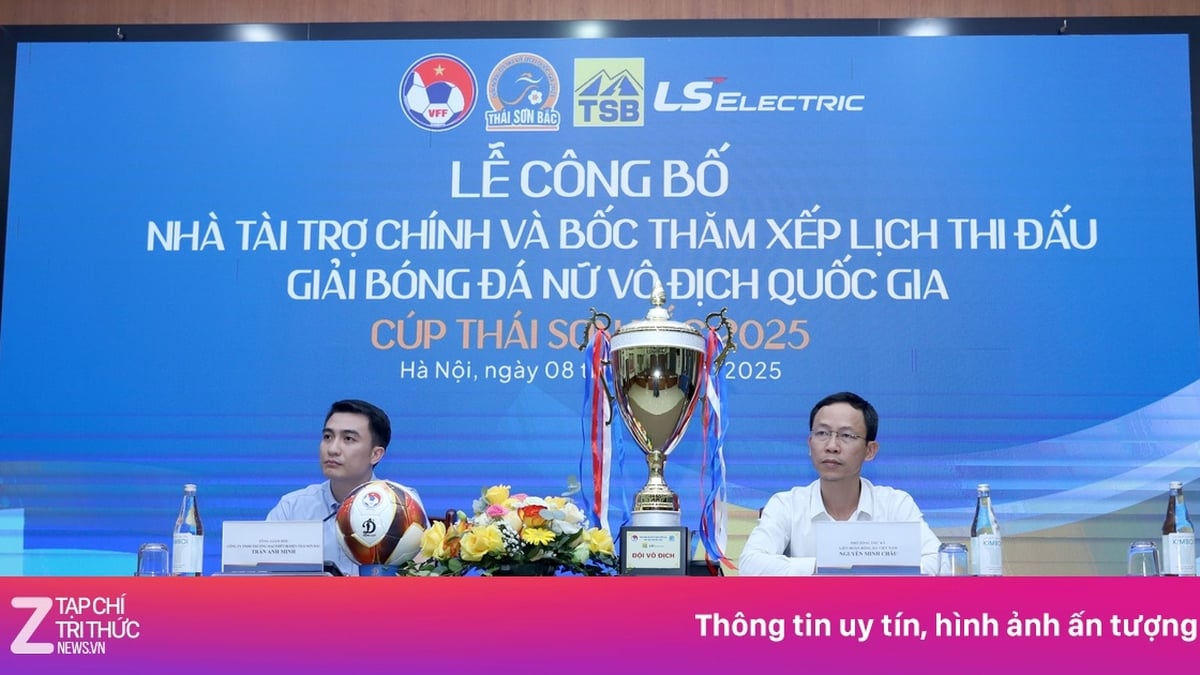
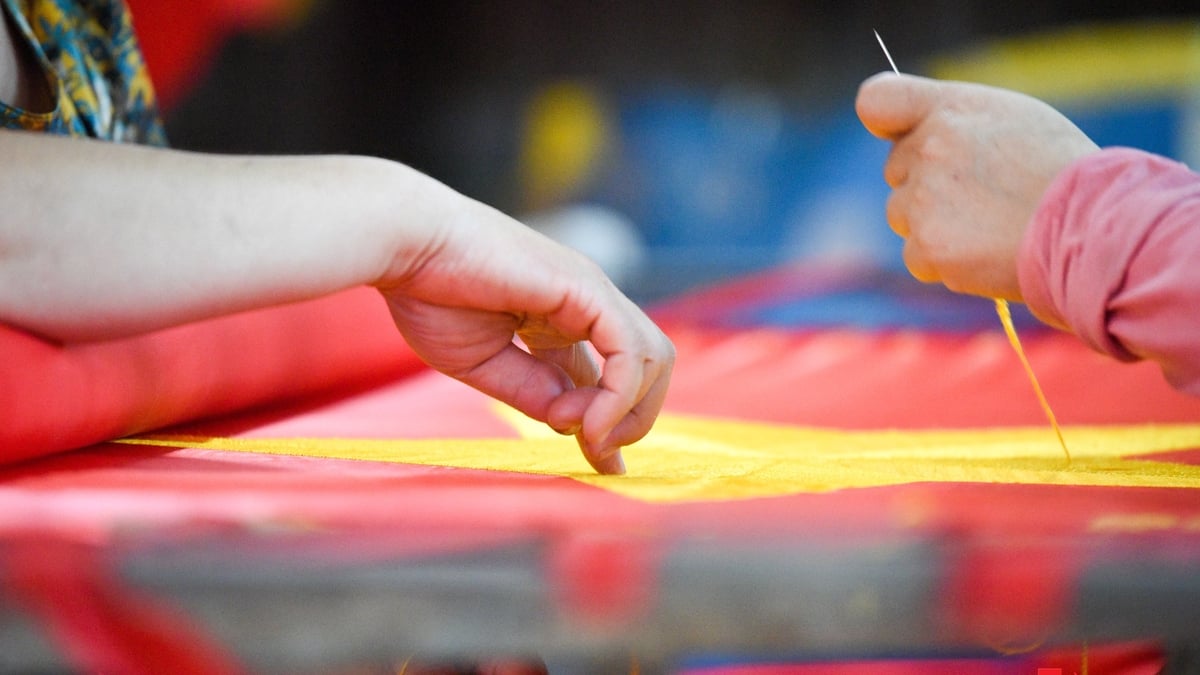
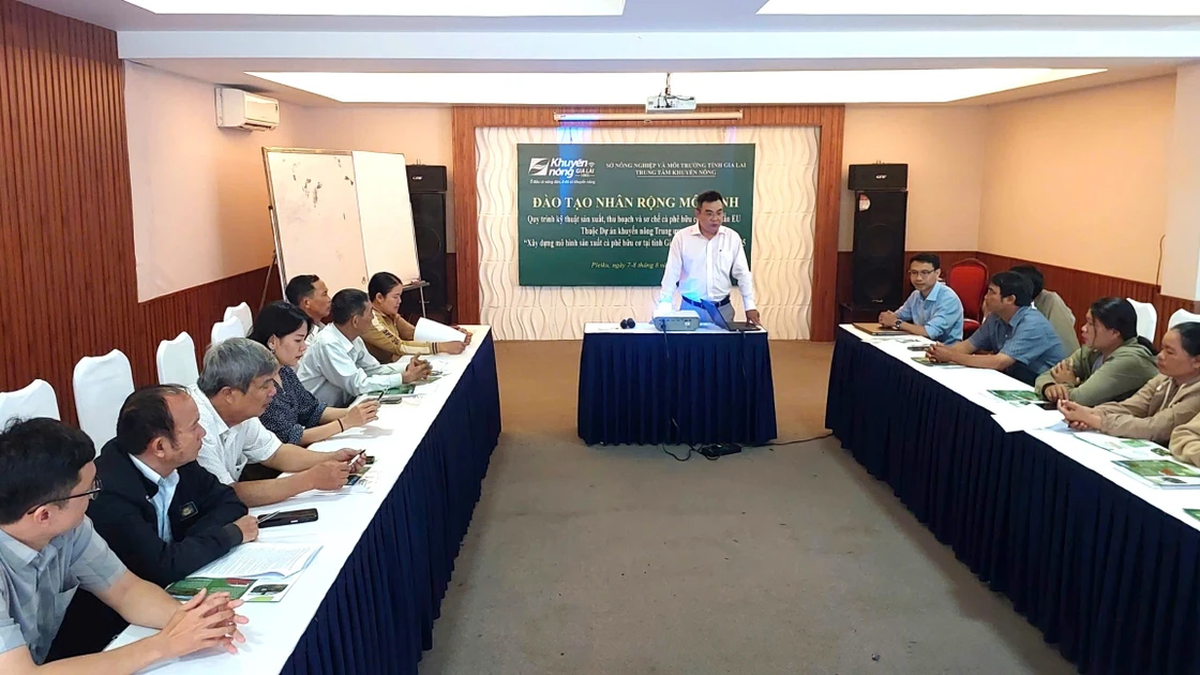
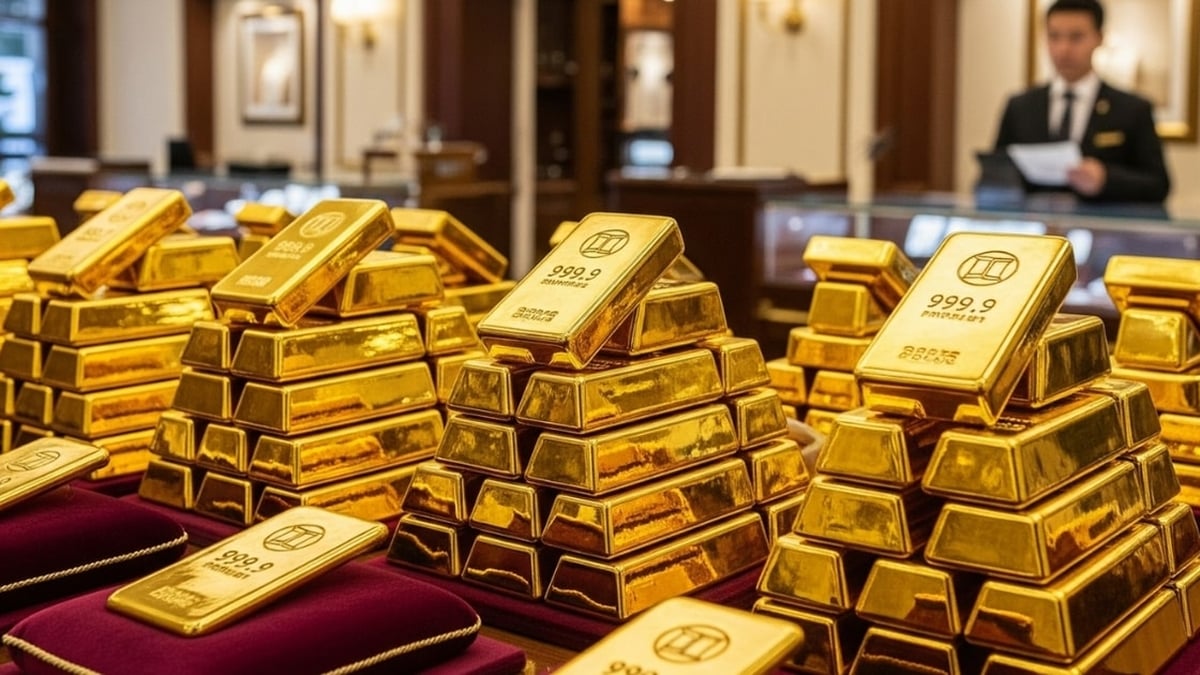



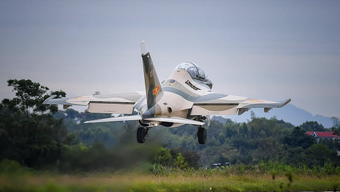
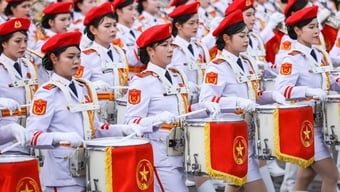
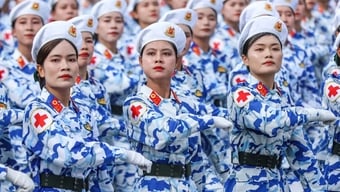






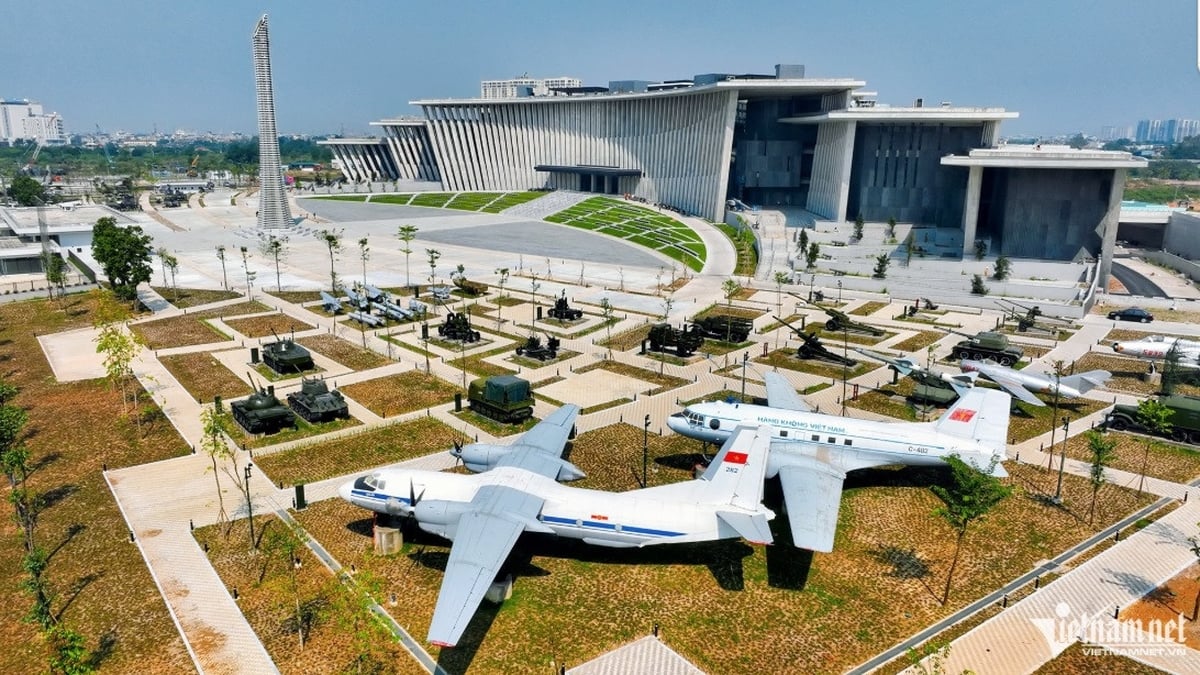
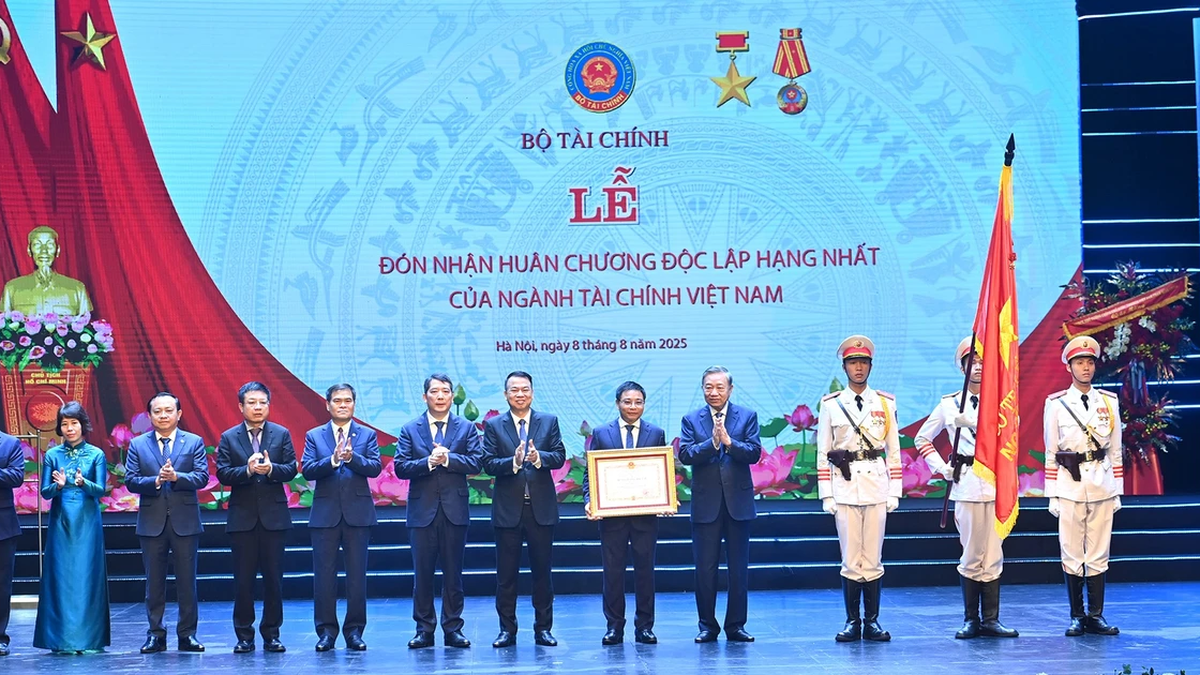
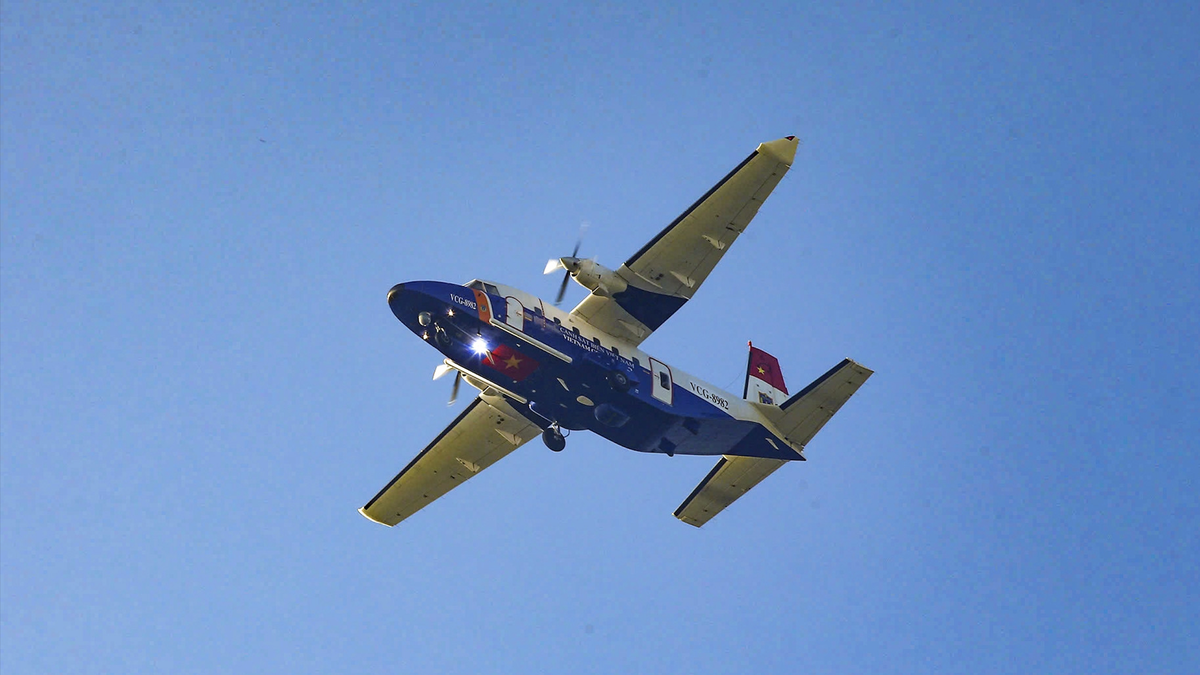
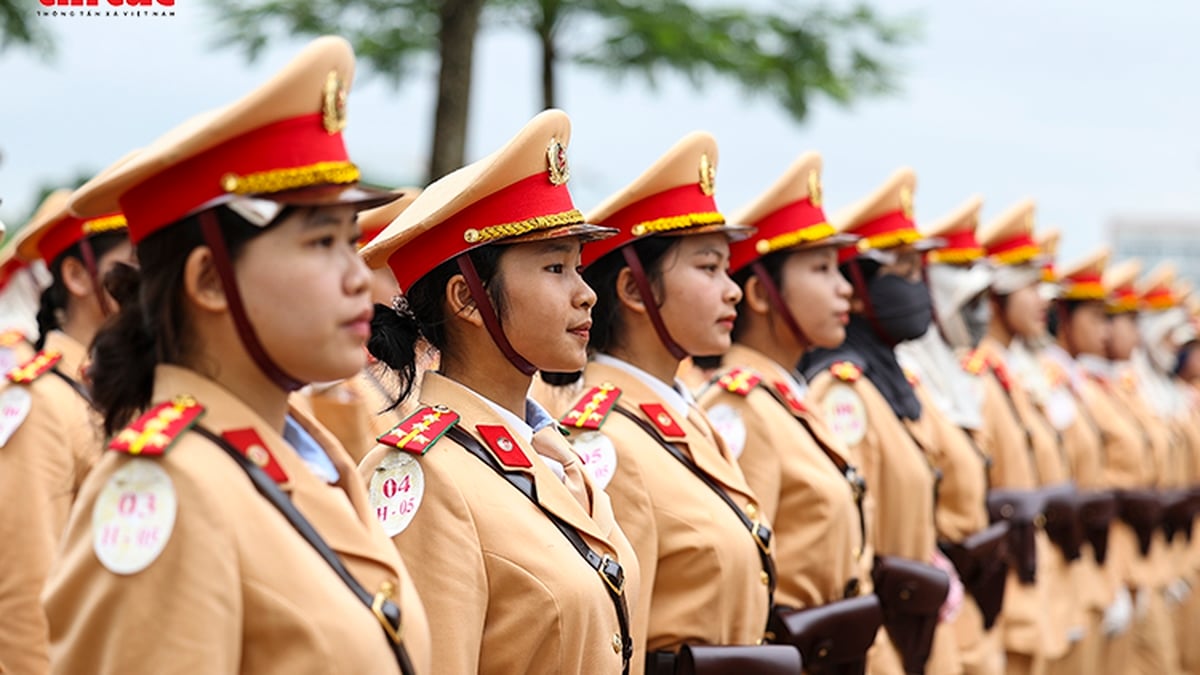
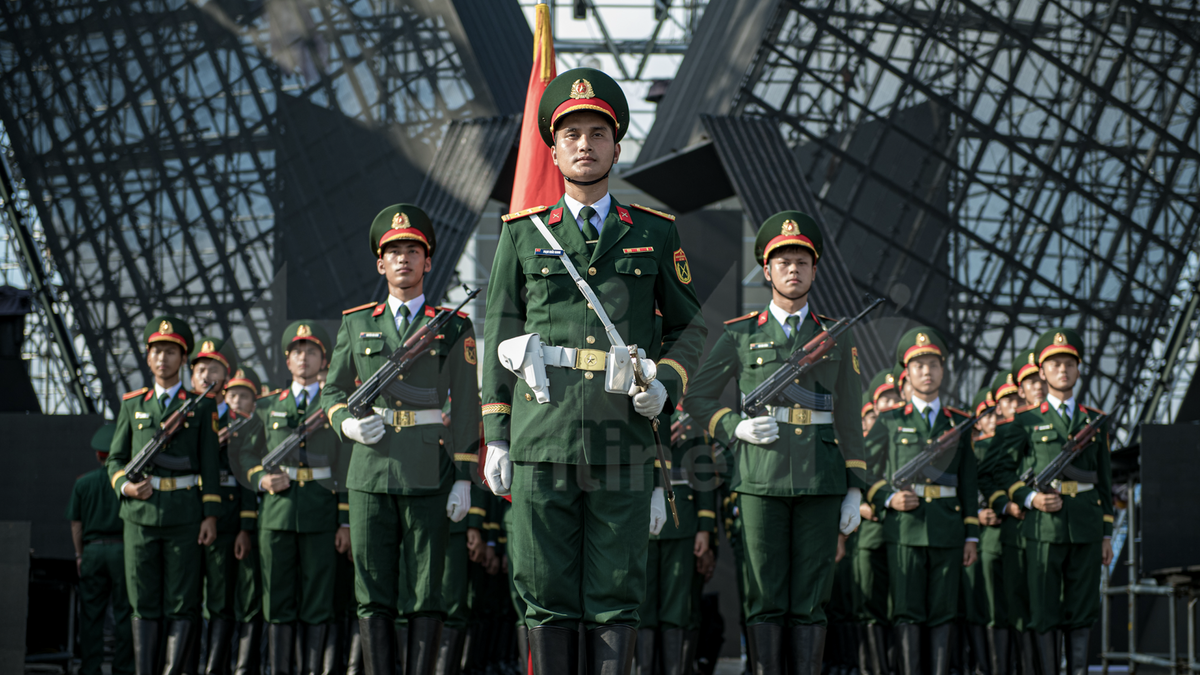
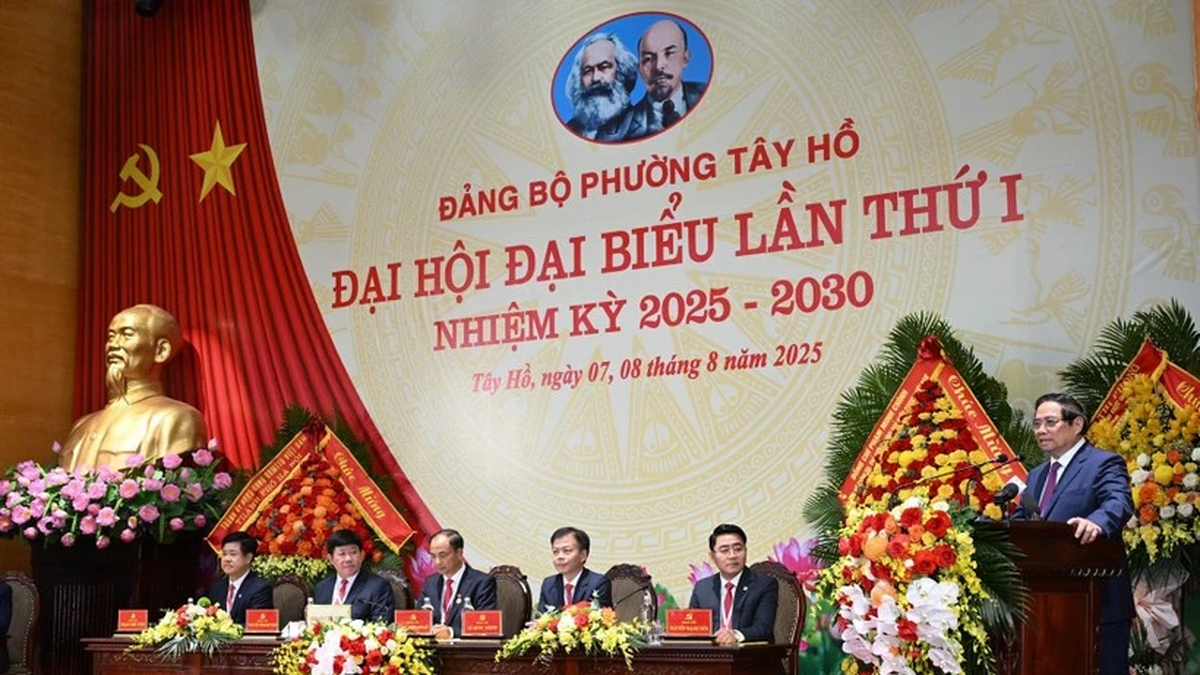
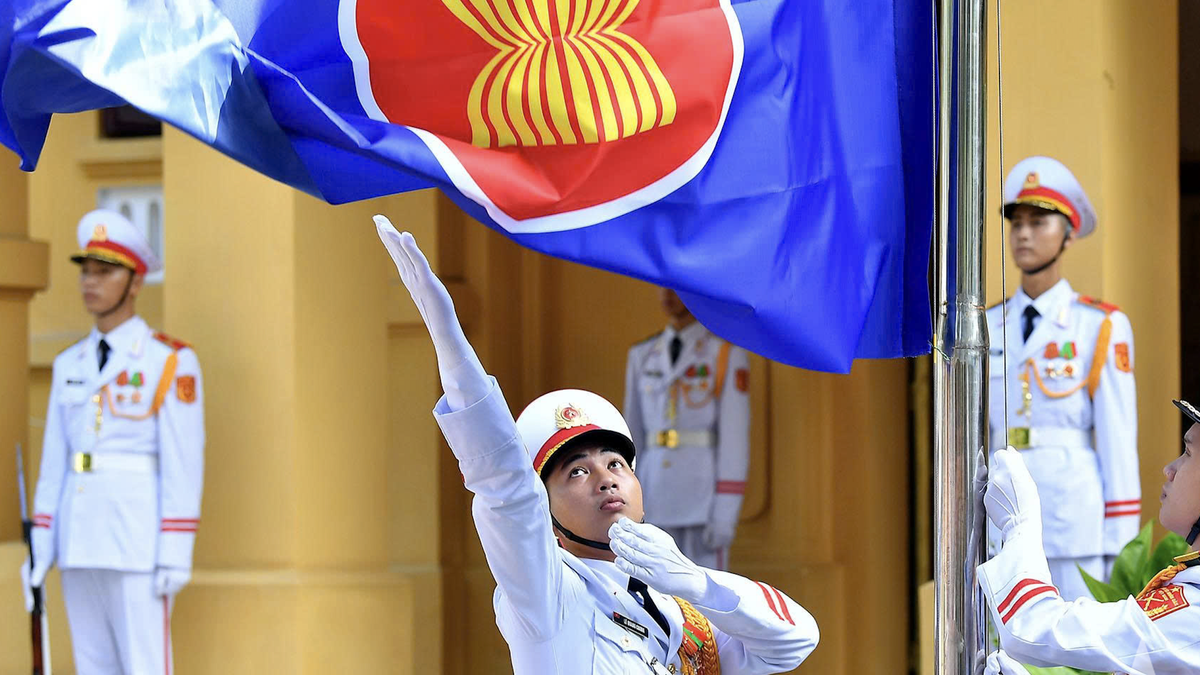

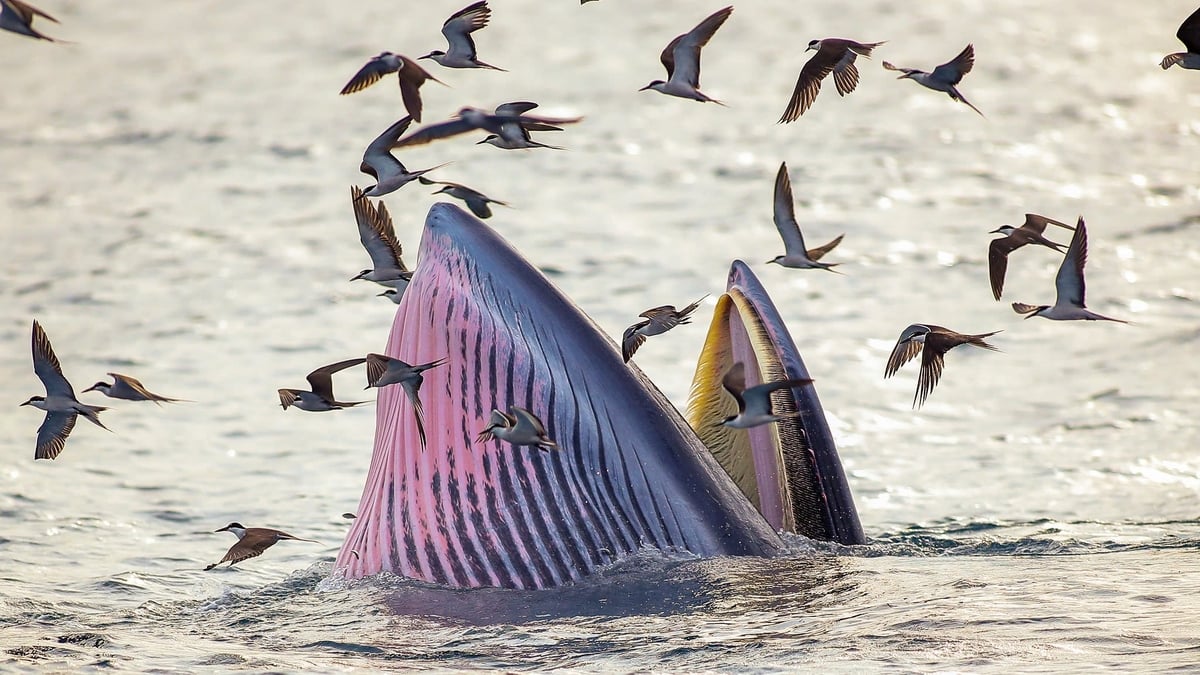

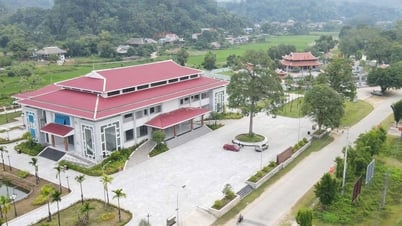

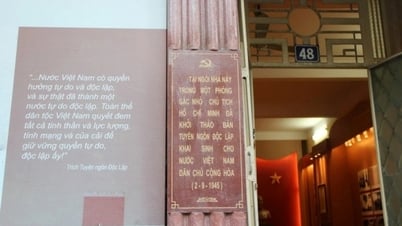

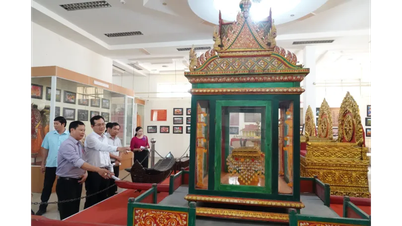



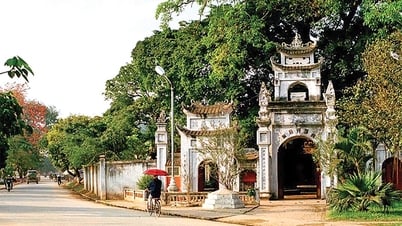

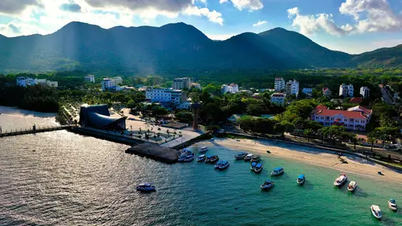

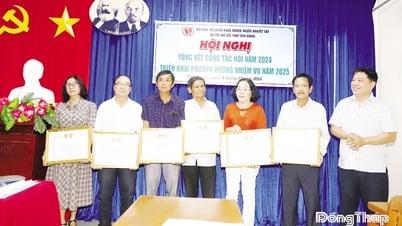



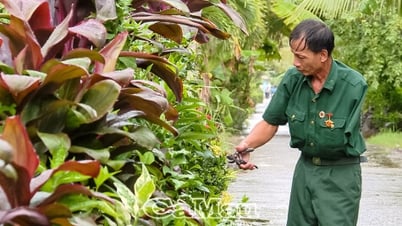











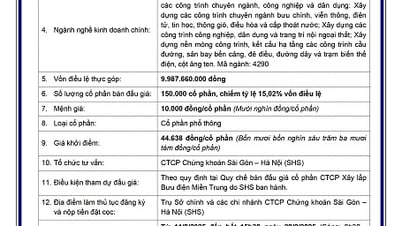
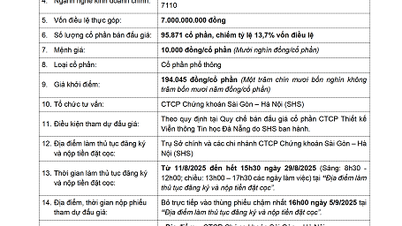



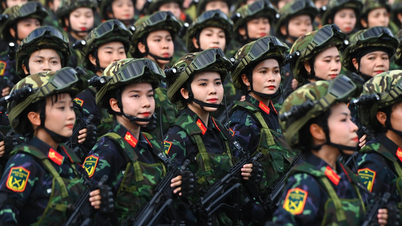



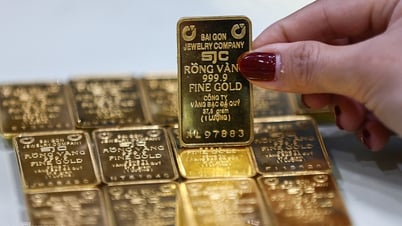

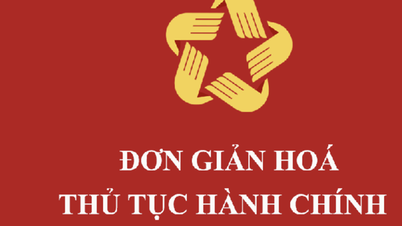


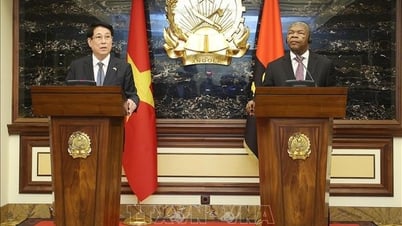

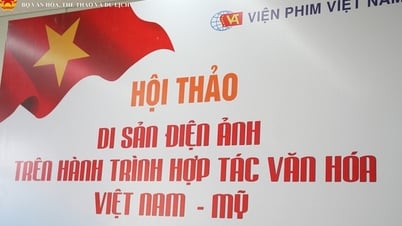
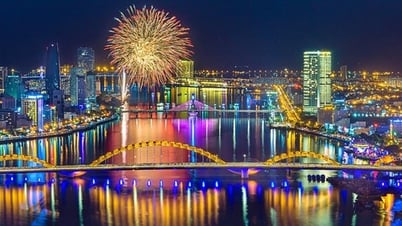



















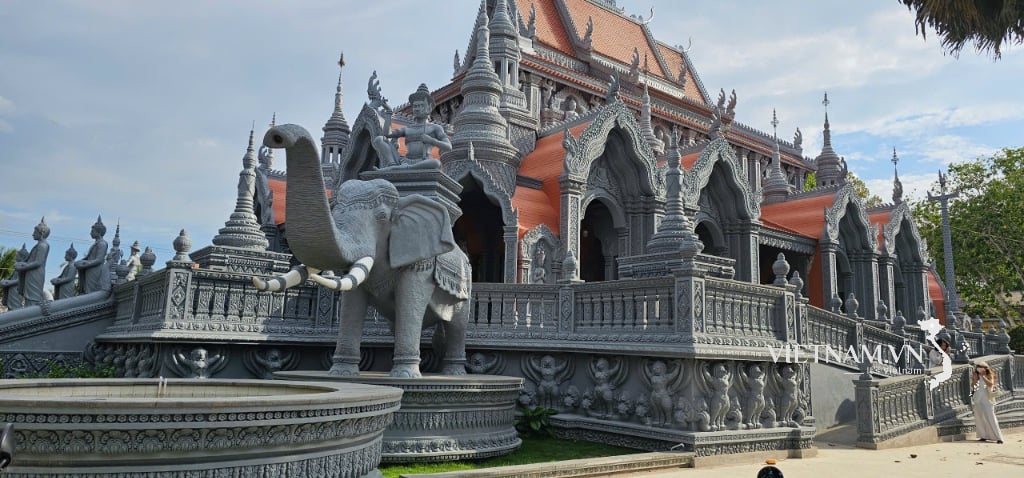
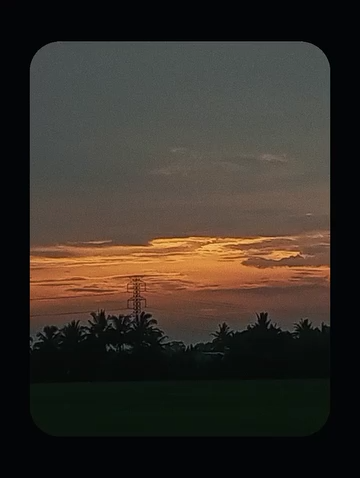


Comment (0)